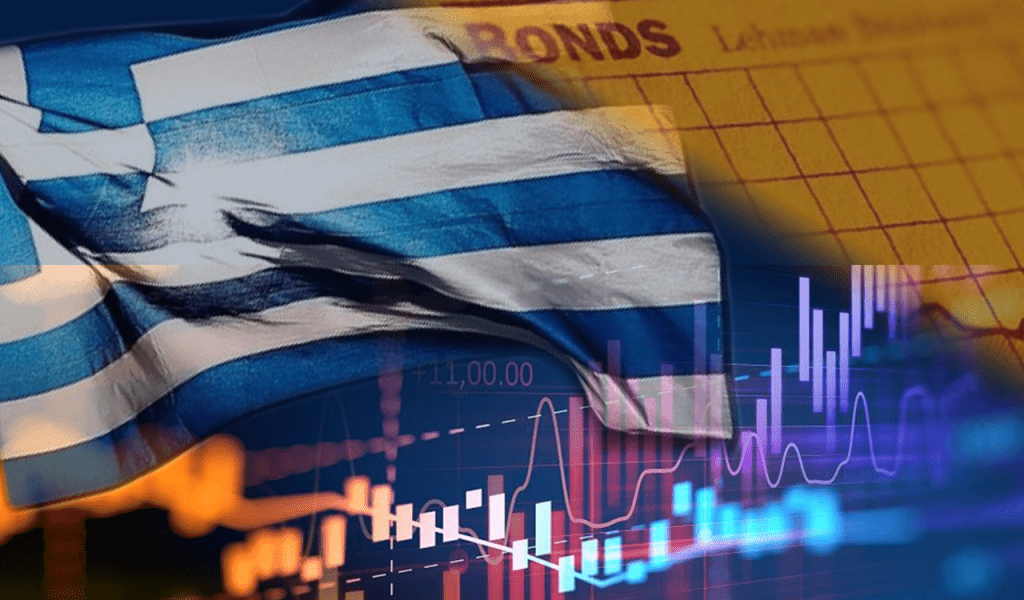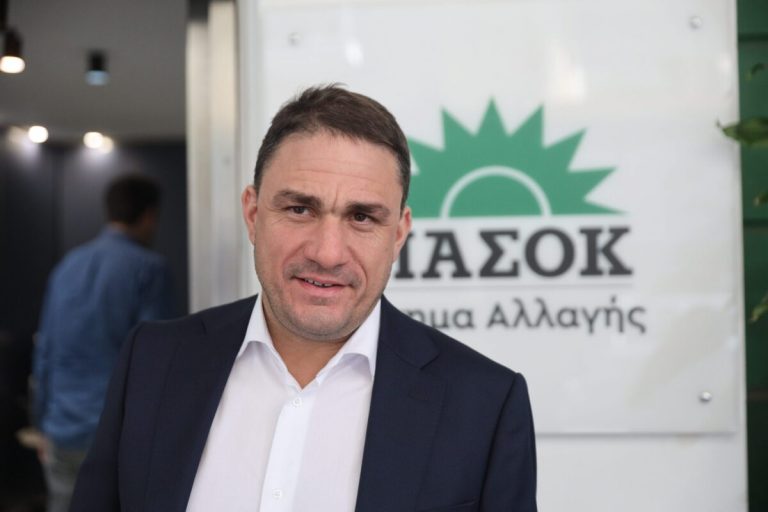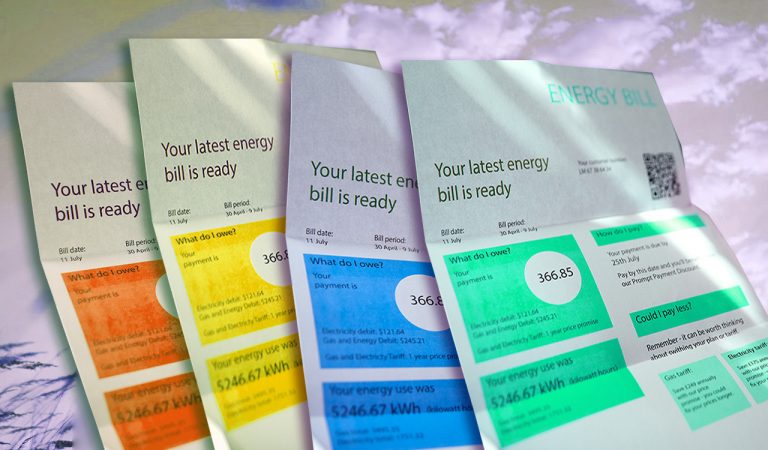Greece’s Parliament Budget Office (PBO) on Thursday issued its report for Q2 2022, citing an improved situation for state finances and the Greek economy’s resilience, even in the face of international uncertainty, while at the same time ticking off a series of risks.
According to the report, targets to reduce the budget deficit to 2 percent of annual GDP are being achieved, while the latest forecasts show that GDP growth this year will exceed initial projections of 3 percent.
In terms of the second quarter of the year, GDP growth registered an annual increase of 7.7 percent, with the economy showing resilience vis-a-vis disruptions of energy costs and the war in Ukraine. The Budget Office report said latest data shows that the growth rate in 2022 will exceed initial modest forecasts, including its own.
In terms of the unemployment rate, the latter appears reduced (12.6 percent in July) compared to the same period last year, while employment increased by 3.3 percent over the same period. Less encouraging is the situation for the current account balance, with the deficit widening during the second quarter, to 10.8 billion euros, against 7.4 billion euros last year.
Just as worrying is the course of inflation, according to the report, as it stood at 11.2 percent in August 2022 (on a harmonized basis).
The report, presented by PBO director Frangiskos Koutentakis, reveals that the course of public finances posted a noticeable improvement, compared to the previous quarters, recording a small primary surplus in July. The improvement comes mainly from the revenue side – especially tax remittances, of which a large portion of the hike is due to higher inflation.
Despite increased uncertainty due to the energy crisis, macroeconomic and fiscal figures painted a relatively positive picture in the short term. Nevertheless, there are significant risks that may affect the Greek economy in the medium term, according to the PBO.
The first emanates from inflation which, despite its positive effect on public finances, is the main cause of eroding real incomes, especially those whose nominal growth falls short of the rate of price hikes.
These essentially involve wages, pensions and business income in sectors that are unable to adjust prices upwards.


































![Χρυσή βίζα: Μειώνονται οι αιτήσεις – Γιατί φρενάρει η ζήτηση [πίνακες]](https://www.ot.gr/wp-content/uploads/2025/11/golden-visa-768x516-1-1.jpg)



